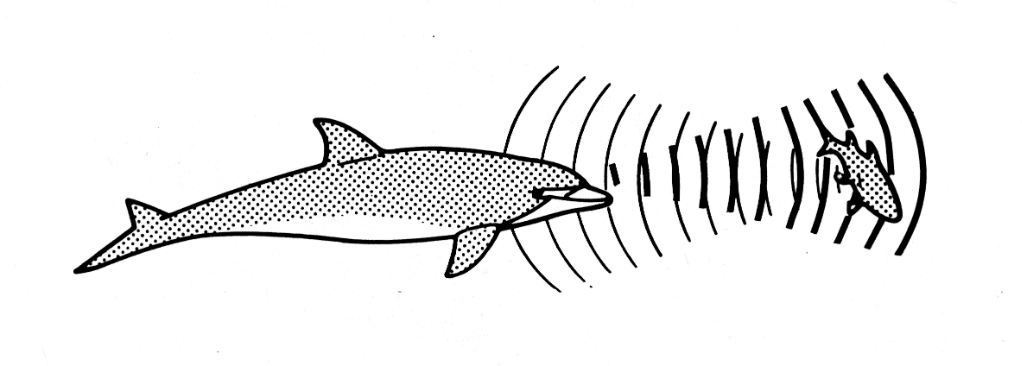When someone speaks to you from above the water while you’re swimming, their voice sounds strange and difficult to hear. The sound produced by striking two boulders together underwater is completely different than that produced while doing so in the air. This happens because sound travels faster in water or air in different ways.
Today, I’m going to give you a super-easy answer to this question. No hard science words – just simple talk that anyone can get!
What Is Sound?
Let me start with the easy stuff. Sound is just shaking. Just think of it like waves, you can’t see them moving through things around us.
When you clap your hands, you make the air bits around your hands shake. These shaking bits bump into other bits next to them. This keeps going until the shaking gets to your ears – and that’s how you hear the clap!
But here’s something you need to know: sound needs “stuff” to move through. It can’t move through the empty space like light can.

Does Sound Travel Faster in Water or Air?
Here’s the easy answer: Sound goes faster in water than in air.
Let me give you the numbers:
- In air, Sound moves at about 343 meters per second
- In water, Sound moves at about 1,480 meters per second
That means sound is more than 4 times faster in water! So when someone asks, “Does sound travel faster in water or air?” – water wins every time.
Why Is Sound Faster in Water?
The reason is really easy. It’s all about how close the tiny bits are to each other.
Think of it like this:
In air: The tiny bits are far apart. When one bit shakes, it takes time to reach the next bit and pass along the shaking.
In water, the tiny bits are packed much closer together. So the shaking can jump from one bit to the next much faster.
Here’s a simple method to see it: Imagine if everyone in the room is attempting to tap the person next to you in order to convey a message.. The message moves fast because everyone is close together. Now, think everyone is standing far apart – the message takes much longer to go around.

But Wait – Can We Hear Better Underwater?
This might shock you, but even though sound travels faster in water or air (with water being faster), we actually hear worse underwater!
Here’s why:
Our ears are made to work in air, not water. When we’re underwater:
- Sounds seem quiet and hard to hear
- It’s hard to tell where sounds are coming from
- Water stops our ears from working right
So yes, sound moves faster in water, but our human ears just aren’t made for it.
How Animals Use Fast Sound in Water
Even though we can’t hear well underwater, many sea animals are great at it.
Dolphins and whales are the best at this. They use something called echolocation:
- They make clicking sounds
- The sounds bounce off fish, rocks, or other things
- They listen to the sound that comes back
- This tells them exactly what’s around them
It’s like having super hearing. And it only works because sound travels faster in water or air, and in water, it’s fast enough for this trick to work great.

Sound Goes Even Faster in Hard Things
Want to know something cool? Sound moves even faster through hard things like metal or wood.
In steel, sound can go at about 5,960 meters per second. That’s almost 17 times faster than in air.
This is why if someone hits a long metal fence at one end, you might feel the shaking in the metal before you hear the actual sound through the air.
Cool Facts About Sound Speed
Here are some fun things to know about does sound travels faster in water or air:
- Submarines use sound waves to “see” underwater because sound works so well in water
- During old wars, ships used sound to find enemy submarines hiding underwater
- When you see lightning, you hear thunder later because light is much faster than sound in air
- Sound is slowest in air, faster in water, and fastest in hard things like metal
Quick Summary
Let me put this all in an easy table:
| What Sound Goes Through | How Fast (meters per second) |
| Air | 343 |
| Water | 1,480 |
| Steel | 5,960 |
So the answer to “Does sound travel faster in water or air?” is clear: Water wins by a lot!
What This Means for You
Getting how sound works helps explain so many things around us:
- Why does your voice sound weird when you talk underwater
- How dolphins can “see” with sound
- Why does thunder come after lightning
- How submarines move around in the dark ocean
Next time you’re swimming or at the beach, remember this: the science of sound is happening all around you, and now you know the secret!
Final Thoughts
I hope this easy talk helped you get that sound travels faster in water or air. The answer – sound is much faster in water – might seem weird, but now you know why it happens.
Science doesn’t have to be hard. Sometimes the coolest facts are also the easiest to get. Share this with your friends and family – they’ll probably think it’s as cool as you do.
Also Read: Are We Ready for AI Evolution



